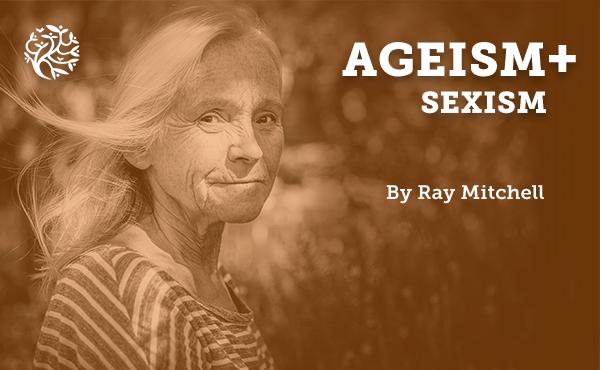Men and women experience isolation differently
Independent Age’s 2014 report on older men and isolation identified that ageing tends to be looked at in gender-neutral ways. When gender has been explored, the focus has usually been on women. Evidence suggests that men and women experience social isolation and loneliness in different ways.
With respect to medical services, evidence shows that men are less likely to seek help or ask for support and service providers generally acknowledge that current support services aimed at tackling social isolation and loneliness are used more by women than men.
This is a key point and indicates that men are far more dependent on their partner for social contact than women are. This means they are particularly vulnerable to experiencing social isolation after their partner dies as they lose their close companion and potentially their other regular social contact with children and family as well.
Single older men are also less likely to have frequent contact with their children and other family members, which could explain why they are more likely than single older women to move into residential care, even though they do not suffer as much disability. As the population of older men continues to grow and more older men find themselves living alone, social isolation among older men and the potential issues it brings is set to get worse.
John's experience
John, 73, lost his wife in 2009 and lives by himself in council housing. Two of his sons live nearby and visit fairly regularly, but he doesn’t see his grandchildren often, saying, “they’re just tied up in their own lives”. Before his wife became ill, they had an active social life. “The house was always full of kids,” he says. ”Women keep the family together and people rally around them. When women die, people drift away from the man left behind.”
Health problems have limited John’s ability to do everyday jobs so one of his sons helps out with odd jobs every fortnight, a neighbour occasionally pops in and he has a carer twice a week for an hour. “Without them, I don’t know where I’d be,” he says.
If organisations contact him offering help he’ll take it up, but says, “I worry that I’m taking them away from someone else… Loneliness is a killer… you can’t cure loneliness. It’s something I wouldn’t wish on my worst enemy… I never thought I’d be in the same boat.”
Older men need support
Of course, older men are not a homogeneous group and the interplay of other influences, such as disability, sexual orientation, race and ethnicity, and wider factors like education, must all be considered. Yet as the number of older men increases, it is likely that many will become socially isolated and lonely and services set up to support them must be prepared for this.
